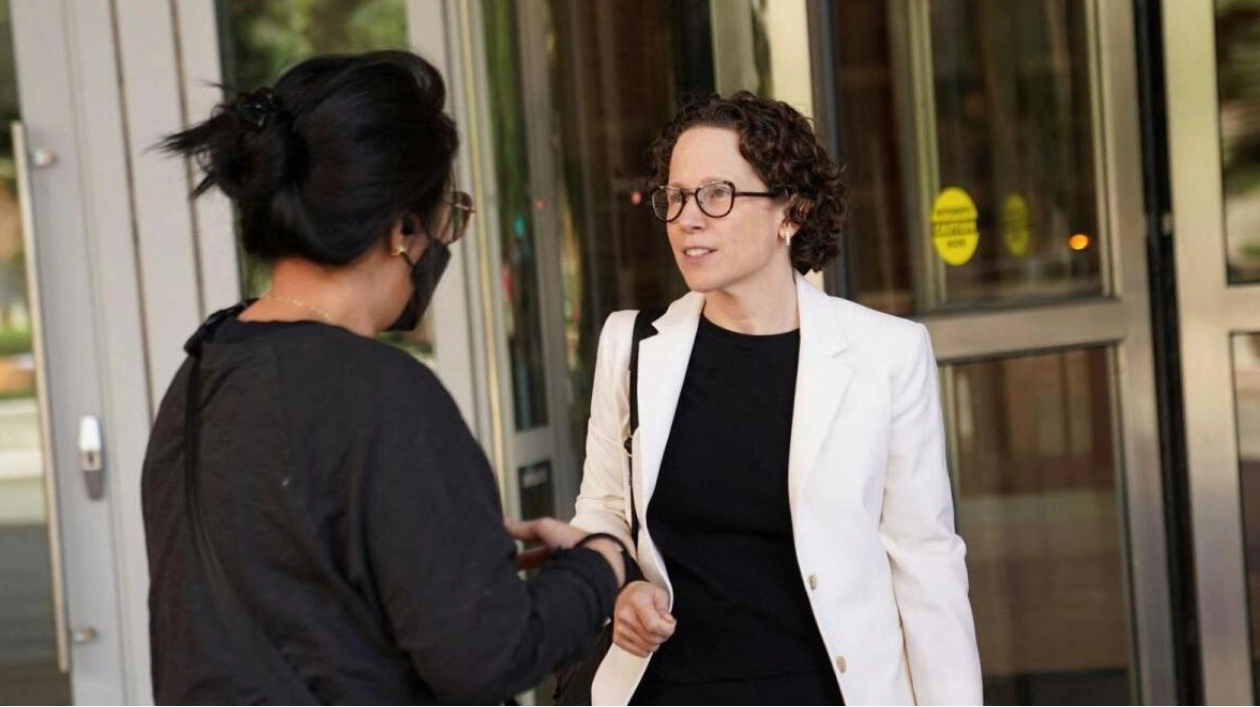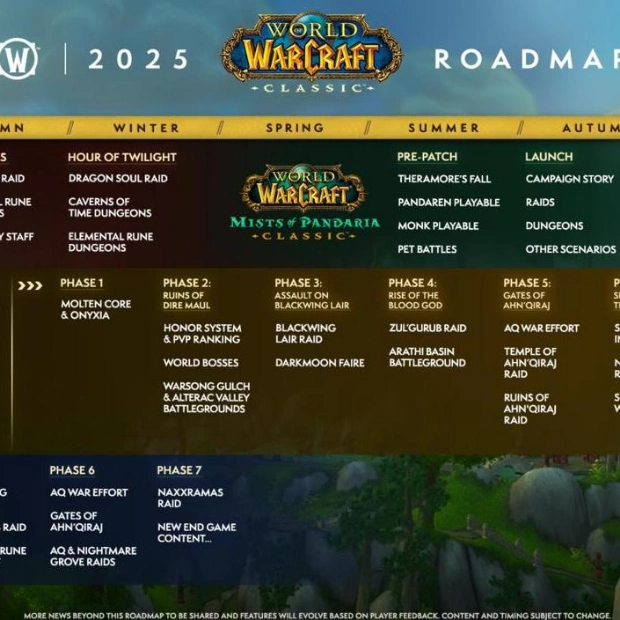Google encountered its second significant antitrust trial within a year on Monday as the US government accused the tech giant of monopolizing online advertising and suppressing competition. The trial, held in a federal court in northern Virginia, followed a separate case where a judge last month ruled that Google's search business constituted an illegal monopoly. This new legal battle, also initiated by the US Department of Justice, centers on ad technology—the intricate system that determines which online ads users see and their cost. The US government specifically claims that Google dominates the market for displaying banner ads on websites, including those of numerous creators and small news providers.
"This technology may be modern, but the practices (demonstrated by Google) are as ancient as monopolies themselves," stated Julia Tarver Wood, a lawyer for the Department of Justice, addressing a crowded courtroom. In her opening statement, Tarver Wood asserted that Google has leveraged its financial might to acquire potential competitors and corner the ad tech market, leaving advertisers and publishers with no alternative but to utilize its technology. Through acquisitions, "Google employed its monopoly to create a new set of ad tech tools that are essential to keep the internet functioning," she added. "Publishers were understandably outraged, and the evidence will reveal that they were powerless," she said.
According to the US government, websites display over 13 billion display ads daily, generating approximately $12 billion for publishers, a significant portion of which is processed through Google's ad tech. The US government is seeking to force Google to divest parts of its ad tech business. Google's lawyer, Karen Dunn, dismissed the allegations as an unfounded attempt by the government to select "winners and losers" in a diverse market, arguing that the case should be dismissed based on US legal precedent. The company maintained that the case is rooted in an outdated view of the internet, overlooking similar scenarios where ads are also placed in search results, apps, and social media platforms. "The plaintiff's case is akin to a time capsule where you will find a Blackberry and an iPod..." Dunn remarked in her opening statement. She cautioned that if Google were to lose the case, the beneficiaries would be other tech giants such as Microsoft, Meta, or Amazon, whose market share in online advertising "is rising as Google's share declines."
The first witness called by the US government was Tim Wolfe, an executive from Gannett newspapers, the publisher of USA Today and hundreds of local news providers in the US. He testified that his company found "no alternative" to Google. Its ad tech tools provided access to advertisers that was unmatched by other tech providers, he stated. The trial is anticipated to last at least six weeks and involve dozens of witnesses, with Judge Leonie Brinkema presiding. Her decision on whether Google has violated antitrust law will be rendered months after the trial. If found guilty, a separate phase of the trial would determine how Google should comply with the judge's ruling. Similar investigations into Google's dominance of the ad tech business are underway in the European Union and Britain. In a related case, Google reached a settlement with France's competition authority in 2021 and paid a fine.






